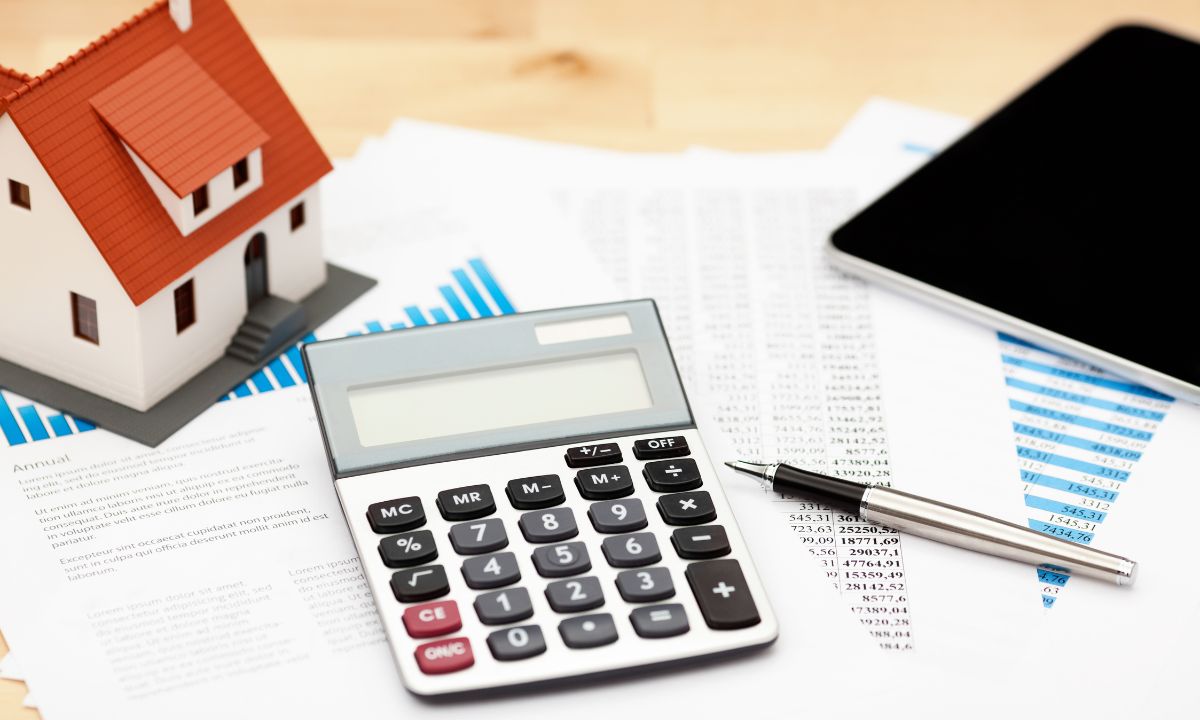The Role of the Appraisal Contingency in Real Estate Contracts
 When you’re buying a home, one important component of the real estate contract is the appraisal contingency. This clause protects the buyer in case the property’s appraisal comes in lower than the agreed-upon sale price. While it’s a common part of many real estate transactions, it’s often not fully understood. Here’s why it’s so important and how it can impact your purchase.
When you’re buying a home, one important component of the real estate contract is the appraisal contingency. This clause protects the buyer in case the property’s appraisal comes in lower than the agreed-upon sale price. While it’s a common part of many real estate transactions, it’s often not fully understood. Here’s why it’s so important and how it can impact your purchase.
What is an Appraisal Contingency?
An appraisal contingency is a condition in the purchase agreement that allows the buyer to back out or renegotiate the deal if the property appraises for less than the offer price. Lenders require an appraisal to determine the market value of the home before approving a loan. If the appraisal comes in lower than expected, the buyer may be required to pay the difference in cash or negotiate a lower price with the seller.
Why is it Important?
The appraisal contingency serves as a safety net for buyers. If the home’s value comes in lower than expected, it ensures the buyer is not overpaying for the property. Without this contingency, the buyer would be responsible for paying the difference between the appraisal value and the agreed price out of pocket, which could be a significant financial burden. It also allows room for negotiations between the buyer and seller.
What Happens if the Appraisal Falls Short?
If the appraisal falls short of the agreed purchase price, several things can happen:
- Renegotiation of the Price: The buyer and seller can agree to lower the purchase price to match the appraisal value. This is the most common solution, especially if the buyer is unwilling or unable to pay the difference between the appraisal and the contract price.
- Buyer Pays the Difference: If the buyer still wants to purchase the home at the original price, they may decide to pay the difference in cash. This can happen if the buyer is confident that the home’s long-term value will increase or if they have the financial ability to cover the difference.
- Termination of the Contract: If the parties cannot reach an agreement and the buyer’s offer is contingent upon the appraisal value, the buyer may back out of the deal with their earnest money deposit returned.
When to Use an Appraisal Contingency
In a competitive market, buyers may sometimes decide to waive the appraisal contingency to make their offer more appealing to sellers. However, this is risky. Without the appraisal contingency, the buyer risks paying more than the home is worth, which could lead to financial difficulties down the road.
An experienced real estate agent and mortgage originator can help buyers understand the risks and benefits of an appraisal contingency, and guide them on how to use it to protect their investment.
The appraisal contingency is a valuable tool for homebuyers to ensure they don’t overpay for a property. Whether the appraisal comes in low or high, this clause provides buyers with options for renegotiation, or even the ability to walk away from the deal. Understanding the role of the appraisal contingency and how it fits into your overall home-buying strategy is crucial for making a sound investment.

 Purchasing a home is a significant financial milestone, but for many potential buyers, the upfront costs and down payment can be a barrier. Fortunately, there are a variety of mortgage assistance programs available through government agencies and nonprofit organizations to help low- and moderate-income homebuyers achieve their dream of homeownership. These programs can provide financial assistance, lower interest rates, or other benefits to ease the burden of purchasing a home. Here’s an overview of the key options available to you.
Purchasing a home is a significant financial milestone, but for many potential buyers, the upfront costs and down payment can be a barrier. Fortunately, there are a variety of mortgage assistance programs available through government agencies and nonprofit organizations to help low- and moderate-income homebuyers achieve their dream of homeownership. These programs can provide financial assistance, lower interest rates, or other benefits to ease the burden of purchasing a home. Here’s an overview of the key options available to you. As the year draws to a close, it’s the perfect time to take a step back and review your financial health, especially if you plan to purchase a home next year. Whether you’re a first-time buyer or looking to upgrade, proper preparation can make all the difference when securing a mortgage with favorable terms. Here’s a comprehensive checklist to ensure you’re financially ready for home financing in the year ahead.
As the year draws to a close, it’s the perfect time to take a step back and review your financial health, especially if you plan to purchase a home next year. Whether you’re a first-time buyer or looking to upgrade, proper preparation can make all the difference when securing a mortgage with favorable terms. Here’s a comprehensive checklist to ensure you’re financially ready for home financing in the year ahead.